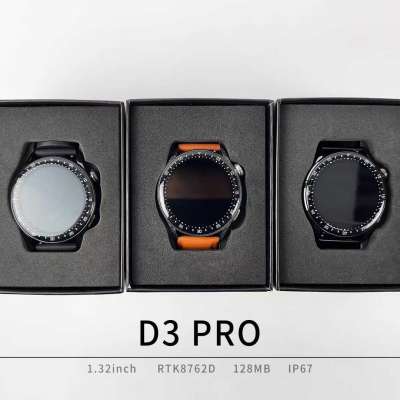The Latest Advancements in Audiology: Innovations and Breakthroughs
The field of audiology is a dynamic one, where new discoveries and techniques are constantly improving our ability to help people with hearing loss. In today's fast-paced environment, it's more important than ever to make an effort to know and care for those around us. There is newfound hope for people who have trouble hearing thanks to technological advancements in the field of audiology.
Where will audiology be in ten years? Is there anything game-changing on the horizon? In this episode, we'll be delving into these questions and uncovering the newest inventions that could change the soundscape of the future with your help. If you are an audiologist in Omaha or just looking for a good audiologist in your area, you will find this post very helpful.
State-of-the-Art Hearing Aids
The development of state-of-the-art hearing aids is a direct result of technological advances in the field of audiology. These cutting-edge gadgets aim to boost the hearing-impaired user's listening experience and general happiness.
The development of hearing aids that can be recharged is a significant step forward. The need to regularly buy new batteries has been eliminated, as devices may now be charged overnight and used continuously the following day. This is a greener alternative because it helps the environment and the wallet.
One further fascinating development is the use of Bluetooth in modern hearing aids. This paves the way for a wireless connection between smartphones, TVs, and other gadgets. This function allows audiologists to create automatic adjustments based on user input and environmental factors.
Moreover, many contemporary hearing aids have artificial intelligence (AI). Using advanced pattern recognition and adaptation techniques, this program creates a uniquely tailored audio experience for each user. Improved voice recognition in noisy settings is another benefit of AI-powered systems.
Tinnitus treatment tools are also available on some modern hearing aids. Built-in masking noises or individualised therapy programs can help tinnitus sufferers cope.
These developments show how far audiology has come in terms of making life easier and more productive for people who are deaf or hard of hearing. Further revolutionary innovations that improve our capacity to communicate efficiently and have pleasure in life are inevitable as the pace of technological development only increases.
Prospects for Audiology
With technology improving at an exponential rate, the field of audiology has a bright future ahead. More progress might be anticipated as research and development continue.
There is hope in artificial intelligence (AI). Artificial intelligence (AI) has already made an impact in audiology by enhancing the precision and performance of hearing aids. These high-tech gadgets can modify their sound to fit the user's tastes regardless of where they're listening.
The application of VR and AR technologies to the field of audiology is also quite promising. Patients can practise voice recognition and sound localisation in simulated situations using virtual reality (VR). Conversely, augmented reality might be used to provide real-time captioning or sign language translation during interactions.
Molecular hearing loss may also be better understood with the help of advances in genetics. With this information, we may be able to develop more effective gene treatments or other pharmaceutical strategies for treating hearing loss.
The provision of aural care is another field that teleaudiology has the potential to completely transform. Teleconsultations and telemonitoring allow people who live in inaccessible places or have mobility issues to consult with highly trained audiologists without leaving home.
Restoration of inner ear hair cells that have been injured is the target of ongoing research into regenerative therapies. Those with sensorineural hearing loss as a result of aging or exposure to loud noises now have a potential treatment option thanks to this innovative method.
In closing — Whoops! Apologies for the misunderstanding! In conclusion,
New possibilities exist for people who are deaf or hard of hearing thanks to recent developments in audiology. The future of auditory care is bright, with promising developments including cutting-edge hearing aids with AI technology, as well as genetic medicines and regenerative treatments.
If you need the services of an audiologist who is both knowledgeable about the latest developments in the field and empathetic toward their patients, try contacting one in Omaha. Never allow
For More Info:-https://www.activehearinghealt....h.com/practice/audio
Comente
Compartilhar





